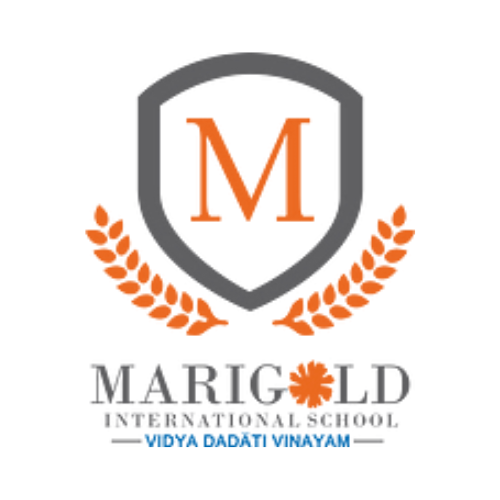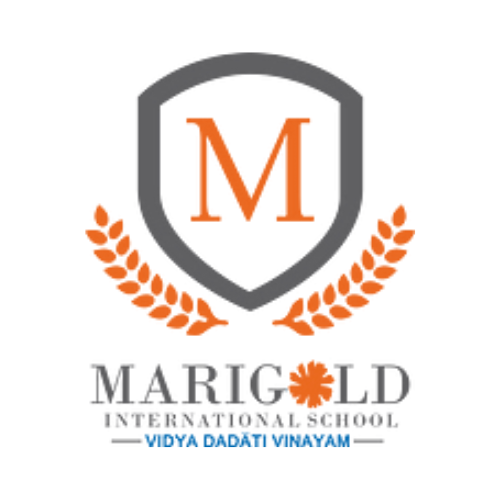Assessment reinforces instruction by determining the accomplishment of goals through education. It nurtures a healthy and competitive learning environment. Numerous crucial decisions including determination of grades, placements, curriculums, method of teaching, and substance of teaching are made based on the concept of assessment. Assessment is a device that aids consistent inspection of the teacher’s methods of imparting education and the students’ ability to retain the same.
The constantly evolving world demands much more from students than the basic sciences and arithmetic skills. Students need to be trained in critical thinking, analyzation and decision making skills to win the challenges of tomorrow. For this purpose, alterations and modifications are required in the method of imparting knowledge and training skills. Fresh and achievable learning goals that enhance the correlation between instruction and assessment should be employed. Active participation of teachers pertaining to making decisions with respect to the purpose and content of assessment is essential.
For students, assessments come across as an opportunity to develop their ability and efficiency to evaluate themselves. This further opens up to a broader spectrum that facilitates improvement and favours scope of growth. The authentic implication of methodical assessments help students develop this skill and keep check.
All forms of study will eventually subject students to assessment in one way or the other. At some point, all teaching staff will be involved in work related to assessments as well. Albeit, it is a significantly hectic arrangement for both teachers and students, it is so for all the right causes. Assessments are a prominent determinant of a student’s progress, strengths and weaknesses altogether. Thus, performing right in assessments is vital for all students.
It is this need that gave rise to the increasing demand of innovative and engaging assessment methods. Assessments that are designed rightly to encourage active participation of the learners with an innovative and engaging delivery, are the need of the hour. Some of the most innovative and evolving forms of assessment are described below.
- Peer Assessments – Assessments conducted between peers would unfold scope for reflection, critical thinking, self-awareness and provide insight on several other things. It fosters a healthy competition, thereby, enabling the participating students to learn from each other.
- Self Assessment – The rising popularity of self assessment is due to the multiple benefits it has to offer. Besides keeping the results private, it also has a more sturdy impact on the student who takes the assessment.
- Group Assessments – Assessments conducted in groups encourages students to actively participate and prove their smarts. It also promotes awareness of both the right outcomes and options that can lead to wrong results.
- Technology-Based Assessments – In times like today, when technology is the only resort for smoother operations of several day-to-day activities, technology-based assessments can upskill students. Besides offering a futuristic preparation, it also promotes plagiarism-free assessments.
Ultimately, giving a thought to the purpose, content and effective method of assessment is a productive measure. Ascertaining that the right skills and knowledge is being assessed can give way to new and fruitful methods of assessment. Not only can this replace the obsolete and non-productive ways of assessing students but also can invent more efficient methods.
How To Know If The Method of Assessment is Effective
The following factors will help you know if a method of assessment is effective or not.
- The assessment should offer diagnostic results.
It should be capable of identifying the student’s knowledge base, performance base, needs, and accordingly, what it is that they need to be taught. - The assessment should assist the educators in setting standards.
There should be a thorough understanding of the different levels of demonstrating understanding, knowledge, and mastery. Assessments should help the educators decide that. - The assessment should be capable of monitoring progress.
Assessments should be a window to the progress of students, the most effective and not-so-effective methods of teaching, and the required alterations to fix those methods. - The assessment should showcase a student’s progress.
It is necessary to know whether a student can learn, communicate and imply what has been taught to him/ her. Assessments are effective only if it can detect a student’s progress. - The assessment should motivate students to perform well.
After determining the progress, students should be motivated to perform better by rectifying their mistakes, broadening their scope of knowledge, and obtaining desired results. Assessments should trigger this motivation in them. - The assessment should help teachers to evaluate themselves.
It is often noticed that the performance of students highlights their weaknesses and strengths. This further helps teachers to understand what is working for them and what can be given more attention.


